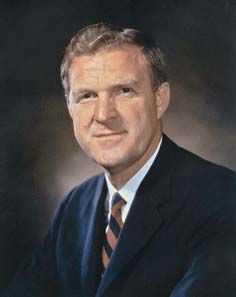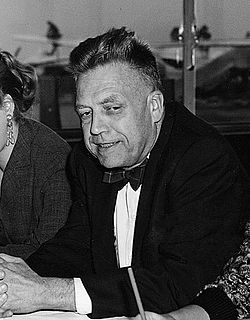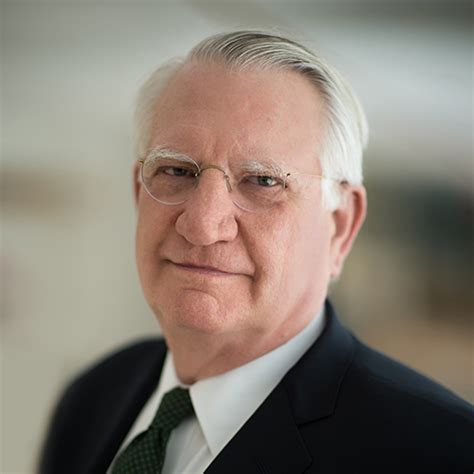A Quote by Raymond P. Shafer
The actual and potential harm of use of the drug is not great enough to justify intrusion by the criminal law into private behavior, a step which our society takes only 'with the greatest reluctance’.
Related Quotes
[T]he truth is that drug addicts have a disease. It only takes a short time in the streets to realize that out-of-control addiction is a medical problem, not a form of recreational or criminal behavior. And the more society treats drug addiction as a crime, the more money drug dealers will make "relieving" the suffering of the addicts.
Penalties against possession of a drug should not be more damaging to an individual than the use of the drug itself; and where they are, they should be changed. Nowhere is this more clear than in the laws against possession of marijuana in private for personal use... Therefore, I support legislation amending Federal law to eliminate all Federal criminal penalties for the possession of up to one ounce [28g] of marijuana.
It is ordinarily said that criminal law is designed to protect property and to protect persons, and if society's only interest in controlling sex behavior were to protect persons, then the criminal codes concerned with assault and battery should provide adequate protection. The fact that there is a body of sex laws which is apart from the laws protecting persons is evidence of their distinct function, namely that of protecting custom.
What has changed since the collapse of Jim Crow has less to do with the basic structure of our society than with the language we use to justify it. In the era of colorblindness, it is no longer socially permissible to use race, explicitly, as a justification for discrimination, exclusion, and social contempt. So we don't. Rather than rely on race, we use our criminal justice system to label people of color "criminals" and then engage in all the practices we supposedly left behind.
We make a big mistake when we conclude that the law is the answer to bad behavior. In fact, the law alone stirs up more of such behavior. People get worse, not better, when you lay down the law. To be sure, the Spirit does use both God's law and God's gospel in our sanctification. But the law and the gospel do very different things.
And finally remember that nothing harms him who is really a citizen, which does not harm the state; nor yet does anything harm the state which does not harm law [order]; and of these things which are called misfortunes not one harms law. What then does not harm law does not harm either state or citizen.
In short, my vision of a responsible free society is one in which we discourage evil, but do not prohibit it. We make our children and students aware of the consequences of drug abuse and other forms of irresponsible behavior. But after all our persuading, if they still want to use harmful drugs, that is their privilege. In a free society, individuals must have the right to do right or wrong, as long as they don't threaten or infringe upon the rights or property of others. They must also suffer the consequences of their actions, as it is from consequences that they learn to choose properly
If he who breaks the law is not punished, he who obeys it is cheated. This, and this alone, is why lawbreakers ought to be punished: to authenticate as good, and to encourage as useful, law-abiding behavior. The aim of criminal law cannot be correction or deterrence; it can only be the maintenance of the legal order.
What really drives the battle against law enforcement and punishment is not a commitment to treatment, but the widely held view that, first, we are imprisoning too many people for merely possessing illegal drugs; second, drug and other criminal sentences are too long and harsh, and third, the criminal justice system is unjustly punishing young black men. These are among the great urban myths of our time.
You must all know half a dozen people at least who are no use in this world, who are more trouble than they are worth. Just put them there and say Sir, or Madam, now will you be kind enough to justify your existence? If you can't justify your existence, if you're not pulling your weight in the social boat, if you're not producing as much as you consume or perhaps a little more, then, clearly, we cannot use the organizations of our society for the purpose of keeping you alive, because your life does not benefit us and it can't be of very much use to yourself.
In existing criminology there are concepts: a criminal man, a criminal profession, a criminal society, a criminal sect, and a criminal tribe, but there is no concept of a criminal state, or a criminal government, or criminal legislation. Consequently what is often regarded as "political" activity is in fact a criminal activity.


































